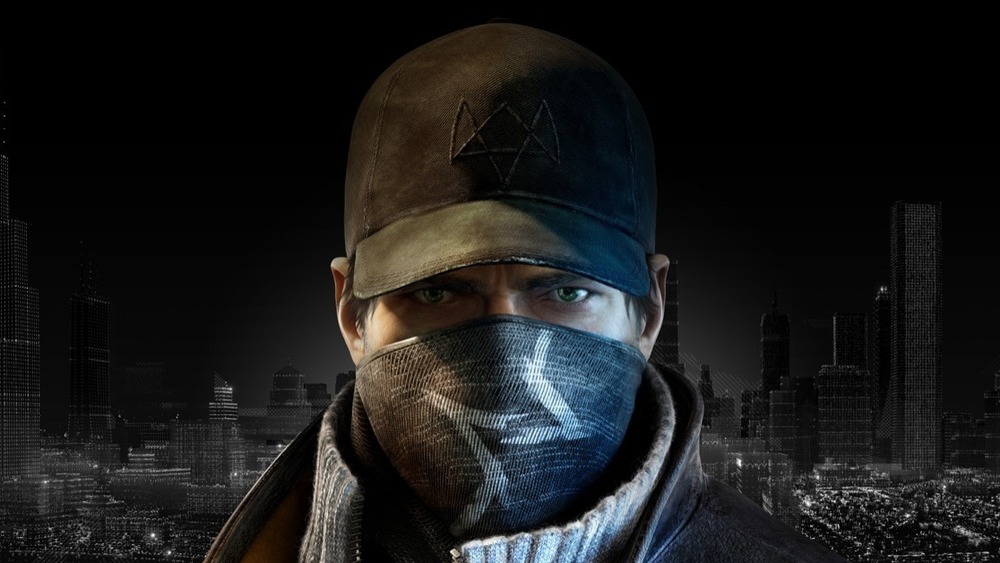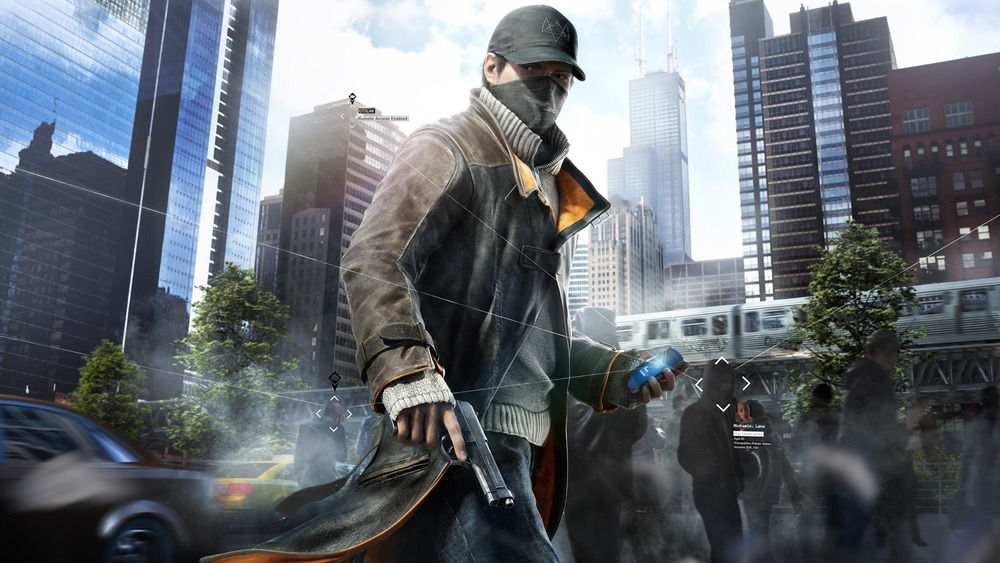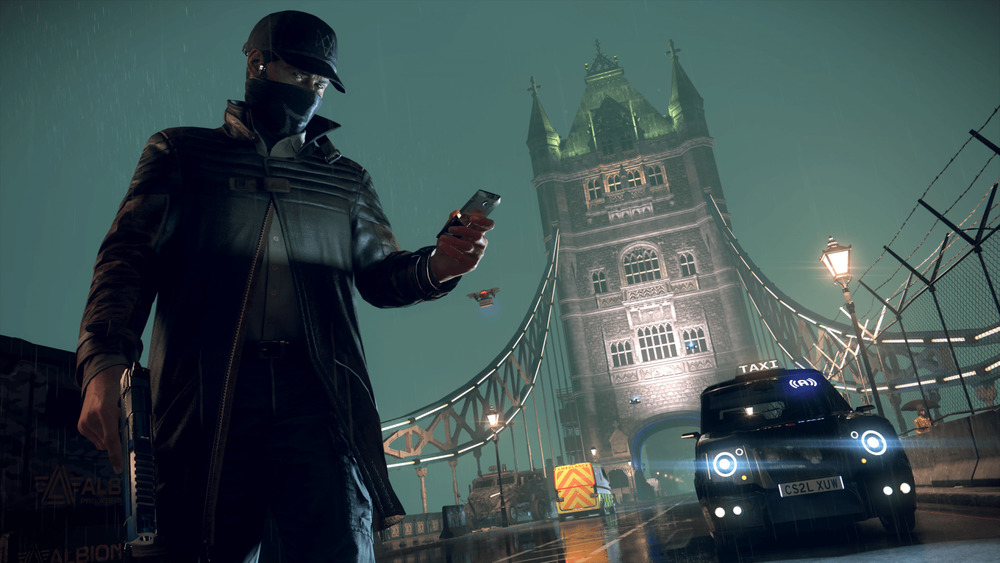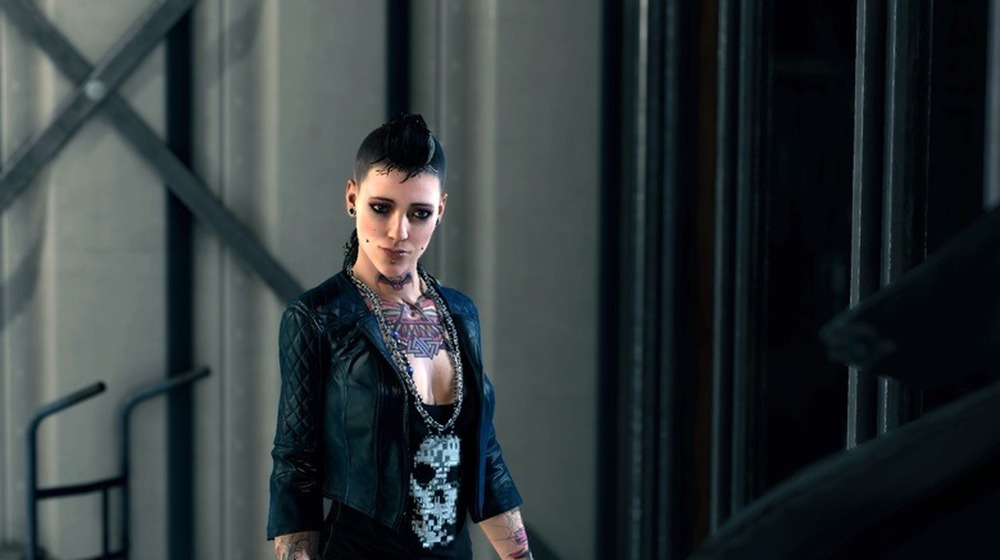Why People Think Watch Dogs Had One Of The Worst Game Endings Ever
With a Metascore of 77, it may be hard for players today to recognize how poorly Watch Dogs was initially received. But years after its launch, you can still find people asking why Watch Dogs was so hated and why it was such a bad game.
Gamers and critics have supplied many answers to these questions that would be technically true, include a myriad of bugs, poor console visuals that didn't live up to the trailers, and repetitive missions. But ultimately, Watch Dogs was an extremely anticipated game that just didn't live up to the hype.
And beyond all of those many issues, Watch Dogs committed a cardinal sin: it had a bad ending. Once players invest dozens of hours into a game, they want nothing less than an exciting denouement. Watch Dogs didn't even give them that. After struggling through the underwhelming game, players were treated to a dull last mission, which culminated in an unsatisfying ending. It's one of the worst game endings ever, for multiple reasons.
What happened in Watch Dogs?
In the story of Watch Dogs, the driving force behind much of the player's actions is the death of the main character's niece. During a job, a hitman tries to take the main character — Aiden — out. But in the ensuing car crash, Aiden's niece is killed instead. Aiden spends much of the game seeking revenge, though he does get side-tracked with a global conspiracy to control the world through a universal operating system.
Nevertheless, at the very end, you finally confront the hitman involved in your niece's death and you can choose to either shoot or spare him. Unfortunately, either way, there isn't much difference; one selection just gets you a little bit more dialogue. Then the end credits roll and you're free to tie up any side-quests you missed.
Not exactly what a player wants after spending the entirety of a game chasing the bad guy. It essentially turned an otherwise complex moral issue into a reductive, binary choice. And neither choice seemed very rewarding.
Did any of your choices matter in Watch Dogs?
For an open-world game, Watch Dogs is surprisingly linear. At least, insofar as your choices actually matter.
One such example is the reputation system. As discussed on Reddit, the reputation system is altered frequently when you make moral choices. And because the player is given detailed information about each "target" around them, you would expect your moral choices to have more of an impact on the outcome.
This is the heart of the problem — Watch Dogs has a bad ending because very little of what the player does matters. Whether the player has a high reputation or a low reputation, the news reports regarding Aiden's crimes are more or less the same. The things you did don't ultimately matter and it all comes down to one final choice: Shoot or don't shoot. Regardless of how well you played the rest of the game, the ending is going to play out the same.
And what about Clara?
There's another one-two punch at the end of Watch Dogs that also left some players with a sour taste in their mouth. Throughout the game, the player works closely with Clara Lille — a fellow hacker who may have developed feelings for Aiden.
Not only do many gamers think the ending feels rushed, but it blitzes by the inevitable death of Clara. While the player tries to save her, they will always be too late. And for some players, this absolutely ruined the ending of Watch Dogs.
In terms of storyline, it reduced Clara's personality and role in the game to a plot point; her death served nothing except for Aiden's character development. This is a concept known as "fridging," which is when the death of a major character (oftentimes female) is only used to progress the protagonist's plot.
And because the players (again) couldn't interfere in this or prevent it from happening, it made the game feel more linear than was initially promised.




